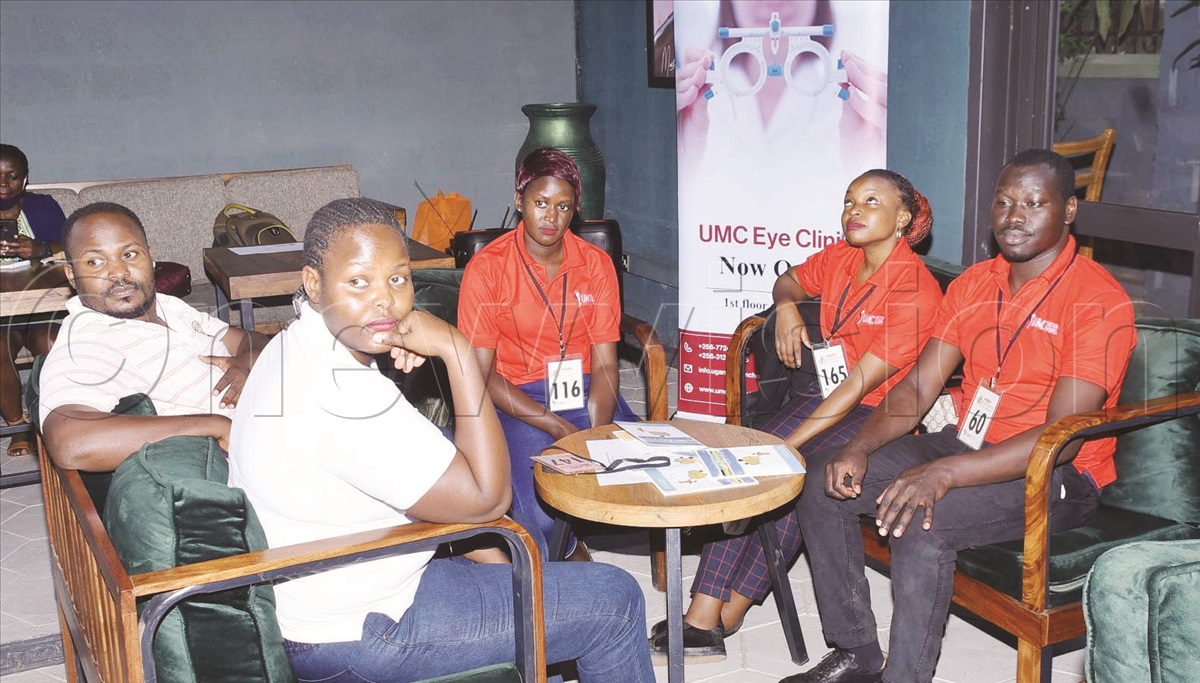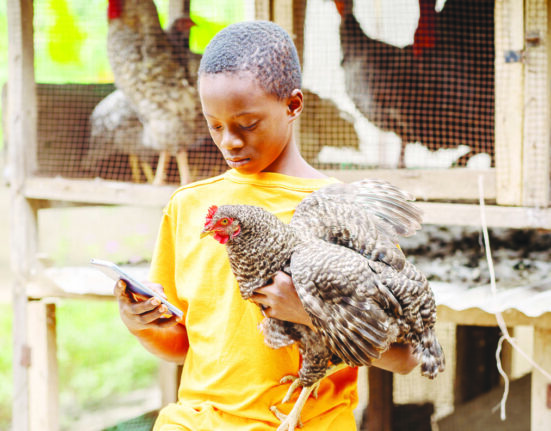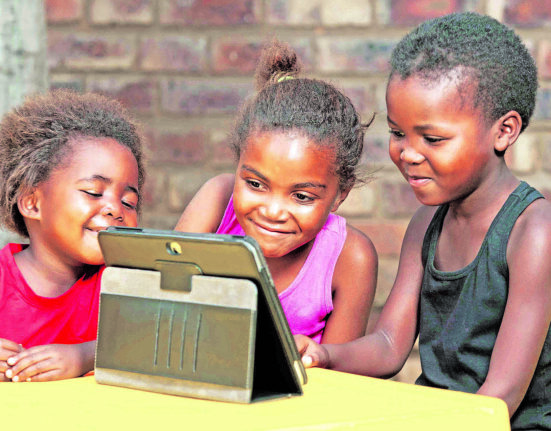(This article was first published in the New Vision on June 29, 2022)
By Ritah Mukasa
Standing before a panel of judges, not to receive a prize, but for questioning, can make you weak at the knees. Even with utmost preparation, you can end up panicking.
This is what happened recently during the first ever spelling bee for employees of corporate organisations, which attracted over 40 participants from Roofings Group, Civsource, Fin credit and UMC Victoria Hospital.
They struggled to spell words such as courier, latency, conscious, receiver, broadcast and synchronise, among others. Many scratched heads for answers in vain as if the words were alien to them. They even asked the judges to construct sentences with the same words so they could figure out their meanings and eventually the spellings.
Rules Of The Game
At an event held at Rozaho Restaurant in Kampala to raise funds for story books for children in refugee settlements, each participating company was represented by five employees.
The representatives were subjected to four rounds of questioning before a winning team was announced. Each of the participants was asked to spell a word by one of the three-member panel of judges.
For homophones or words with the same pronunciation, but different meanings or spellings, the judges indicated which word they wanted the participant to spell. The participants, who were given 60 seconds for each question, pronounced the words before spelling them. Whenever they a gave wrong answer, the bell would ring. At the end of the contest, the judges announced Civsource as the winner with 120 points, followed by Roofings (90), UMC Victoria Hospital (70) and Fincredit (60). The participants were awarded medals and certificates.
All To Encourage Reading
William Mukisa, the programmes director at Enjuba, the organization which put together the contest, said reading is a fundamental skill that everyone needs and it should be instilled in children early on. The organisation runs spelling bees to get children interested in learning new words, which eventually allows them to build vocabulary.
“We want to give refugee children as many books as possible to interest them in reading. We focus on books that are well illustrated and Afrocentric,” he said. Each of the companies that participated in the contest contributed sh500,000.
Mukisa observed that the participants had trouble spelling some of the words because of the poor reading culture.
“These same words were given to primary school children in the last competition and many spelt them with ease,” he said.
He encouraged adults to cultivate a reading culture and strive to learn new words daily by forming reading clubs and reading newspapers and online publications.

Eye-Opening Exercise
Jimmy Olum, a lab technologist at UMC Victoria Hospital, said the competition challenged him to enrich his vocabulary.
“I have always thought I was good at English until I stood before the judges. I was surprised that we made silly mistakes,” he added.
Charlotte Mwebaza, a judge said reading ought to be part of our daily lives because it comes with lots of benefits.
World Refugee Day
Lizza Marie Kawooya, the partnership and fundraising manager at Enjuba, said they engaged corporate organisations to raise funding to buy story books for over 1,000 children. Every June 20 is World Refugee Day. The day was designated by the UN and this year, the focus was on the right of every person to seek safety.









Leave feedback about this